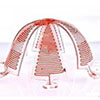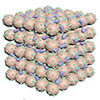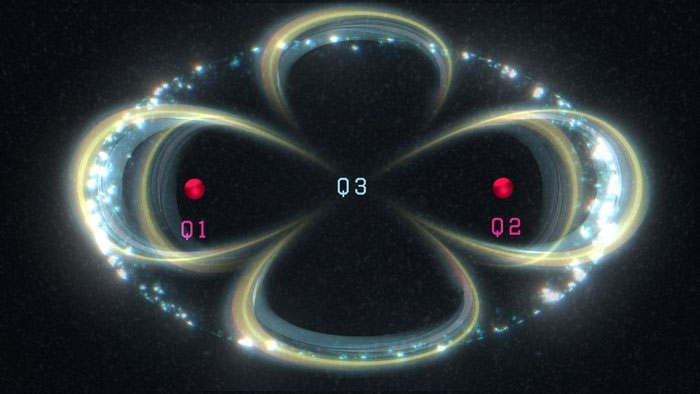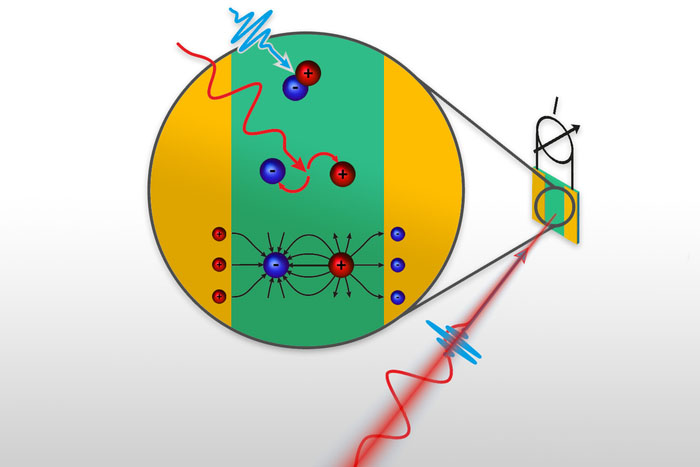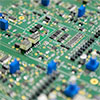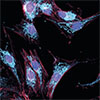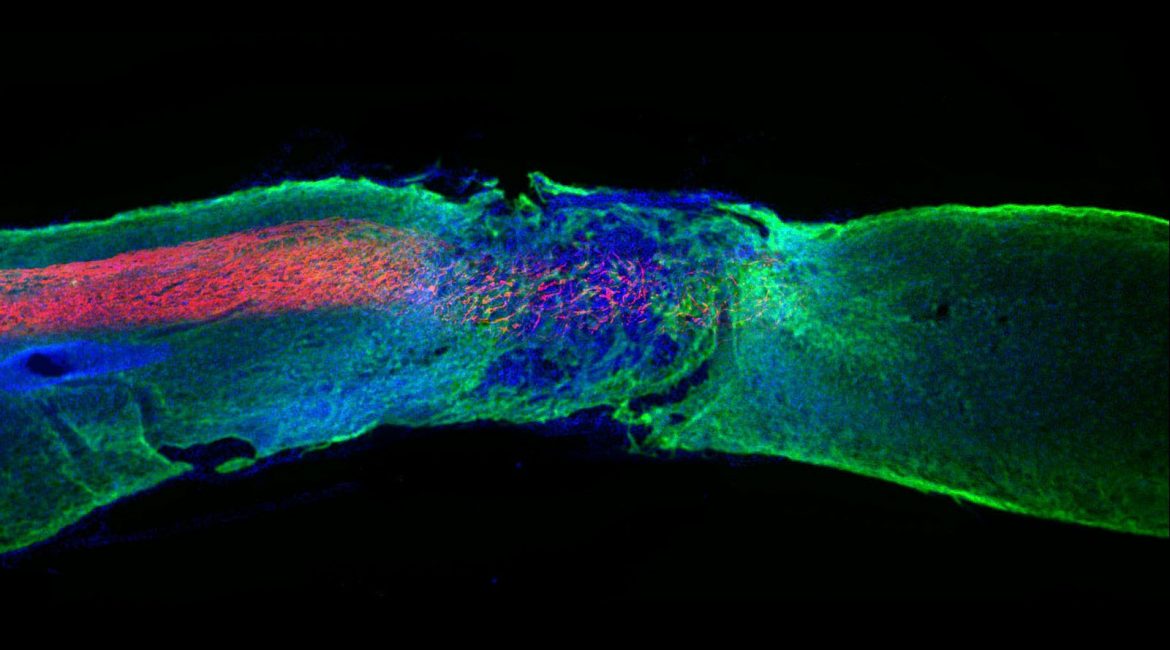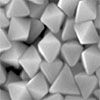Mar 25, 2022 (Nanowerk News) Most conventional microfluidic devices are fabricated in inherently planar, block-like devices that can't be changed once fabricated. In contrast, an important feature of naturally self-assembled systems such as leaves and tissues is that they are curved and have embedded fluidic channels that enable the transport...
Breakthrough application of moisture-trapping film to reduce heat stress in personal protective suits (w/video)
Mar 25, 2022 (Nanowerk News) A team of researchers from the National University of Singapore (NUS) has developed a novel super-hygroscopic material that enhances sweat evaporation within a personal protective suit, to create a cooling effect for better thermal comfort for users such as healthcare workers and other frontline officers....
Re-jigged cathode recipe gives new hope to solid-state batteries for electric vehicles
Mar 25, 2022 (Nanowerk News) Solid-state batteries for electric vehicles, offering greater energy density and range than contemporary lithium-ion batteries, remain out of reach, not least due to challenges coming from the composition of the battery’s cathode. A new cathode composition and accompanying manufacturing technique looks set to overcome this...
Probing the inner workings of high-fidelity quantum processors
Mar 25, 2022 (Nanowerk News) Tiny quantum computing processors built from silicon have finally surpassed 99 percent fidelity in certain logic operations ("gates”). Quantum computers store information in the quantum state of a physical system (in this case, two silicon qubits) then manipulate the quantum state to perform a calculation...
Quantum physics sets a speed limit to electronics
Mar 25, 2022 (Nanowerk News) How fast can electronics be? When computer chips work with ever shorter signals and time intervals, at some point they come up against physical limits. The quantum-mechanical processes that enable the generation of electric current in a semiconductor material take a certain amount of time....
One million gigahertz is the physical speed limit of computers
Mar 25, 2022 (Nanowerk News) The maximum speed of signal transmission in microchips is about one petaherz (one million gigahertz), which is about 100,000 times faster than current transistors. Physicists from Ludwig Maximilian University of Munich, the Max Planck Institute of Quantum Optics and Vienna and Graz Universities of Technology...
Artificial intelligence and robotics uncover hidden signatures of Parkinson’s disease
Mar 25, 2022 (Nanowerk News) A study published in Nature Communications ("Integrating deep learning and unbiased automated high-content screening to identify complex disease signatures in human fibroblasts") unveils a new platform for discovering cellular signatures of disease that integrates robotic systems for studying patient cells with artificial intelligence methods for...
Fixing spinal cord injuries with ‘dancing molecules’
Mar 25, 2022 (Nanowerk News) For decades, scientists have looked for an effective treatment for spinal cord injuries, often with little success. Now, new research by Northwestern University scientists has resulted in a game-changing innovation: an injection that uses “dancing molecules” to repair spinal tissue and reverse paralysis. The treatment...
Scientists shave ‘hairs’ off nanocrystals to improve their electronic properties
Mar 25, 2022 (Nanowerk News) You can carry an entire computer in your pocket today because the technological building blocks have been getting smaller and smaller since the 1950s. But in order to create future generations of electronics—such as more powerful phones, more efficient solar cells, or even quantum computers—scientists...
Enhancing the electromechanical behavior of a flexible polymer
Mar 24, 2022 (Nanowerk News) Piezoelectric materials convert mechanical stress into electricity, or vice versa, and can be useful in sensors, actuators and many other applications. But implementing piezoelectrics in polymers — materials composed of molecular chains and commonly used in plastics, drugs and more — can be difficult, according...

